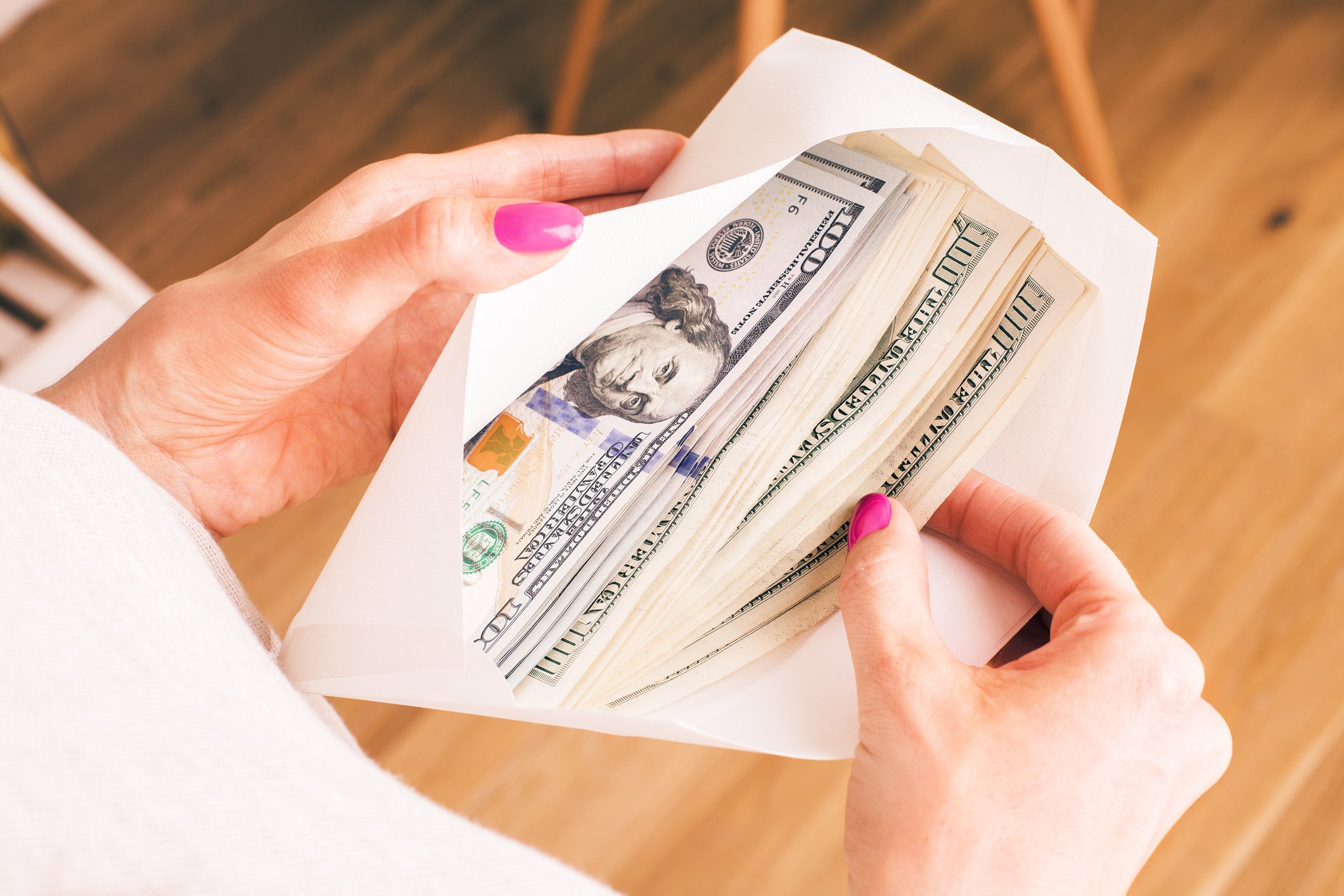
You've probably heard you should have an emergency fund containing three to six months of living expenses in case you fall on hard times. This money is meant to help pay the bills if you lose your job and to cover unexpected expenses, like a medical bill or a new furnace. Beyond that, it should be off limits.
But some people like to bend these rules and use their emergency funds for non-emergencies. This is dangerous because if a real crisis arises, you could fall into debt, forcing you to give up all the fancy things you bought with your emergency fund and maybe some other things besides. Here are 20 things you should never jeopardize your financial security for.
Invest better with The Motley Fool. Get stock recommendations, portfolio guidance, and more from The Motley Fool's premium services.